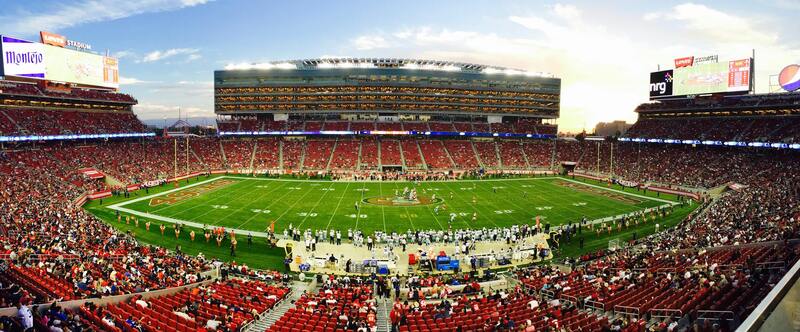What to Consider Before Choosing Between Big and Small Sports Markets
When diving into sports betting, one of the first decisions you'll have to make is which markets to focus on. Should you stick with major leagues like the NFL and NBA, or venture into smaller markets like second-tier soccer leagues or niche sports? This choice affects everything from your betting strategy to your potential profits.

Experience and Proven Track Record
Before entering any sports market, it's important to consider where you'll place your wagers. Many bettors prefer using platforms with a proven track record of competitive odds, higher betting limits, and faster payouts. Offshore sportsbooks often provide more advantages and access to a broader range of markets, than state-licensed alternatives.
Understanding the nuances of a sport—player tendencies in basketball or weather impacts in football takes time to develop. Access to comprehensive betting options across different markets allows you to leverage this knowledge effectively.
Many successful bettors recommend starting with sports you genuinely follow and understand. This gives you an edge that pure statistics might miss. For example, if you've watched Premier League soccer for years, you likely have insights about team dynamics and coaching strategies that aren't immediately obvious to outsiders.
Market Liquidity and Betting Limits
Major sports markets offer significant advantages regarding liquidity and wagered volume. The NFL, NBA, MLB, and popular international soccer leagues see billions in betting action, which creates several benefits:
- Higher betting limits allow for larger wagers
- More stable odds that shift less dramatically with single bets
- Reduced risk of accounts being limited after wins
By contrast, smaller markets often have tighter limits and greater volatility. A sudden influx of money on an obscure tennis match or minor league baseball game can dramatically shift the odds, potentially eliminating value opportunities quickly.
Information Availability and Edge Potential
Big markets come with comprehensive data, detailed analytics, and constant media coverage.
Here are the advantages of big markets:
- Extensive statistics and analysis tools
- Multiple expert opinions to consider
- Real-time updates on injuries, lineup changes, and other factors
These are the advantages of small markets:
- Less efficient odds due to bookmakers allocating fewer resources
- Potential information asymmetry if you have specialized knowledge
- Less competition from other sharp bettors
The classic trade-off emerges here: major markets offer more information but are more efficient, while smaller markets may contain more inefficiencies but require more independent research.
Odds, Accuracy, and Market Efficiency
In major sports markets, bookmakers employ specialized teams and refined algorithms to set very accurate lines. The sheer volume of sharp money ensures these lines quickly correct any inefficiencies.
Smaller markets often receive less attention from oddsmakers, potentially creating value opportunities. For example, a bookmaker might dedicate extensive resources to NFL line-setting while giving minimal attention to second-division European basketball leagues.
This doesn't mean small markets are easy targets. Bookmakers protect themselves with lower limits and may adjust lines more aggressively when they detect sharp action.
Consistency and Seasonality
Consider the consistency of available betting opportunities. Major leagues offer structured seasons with predictable schedules, while minor leagues might have irregular competitions or lengthy off-seasons.
The NBA provides 1,230 regular-season games annually, plus playoffs. Compare this to a niche sport that might offer only a few dozen high-level competitions per year. Consistent opportunities allow for steady application of your betting strategy and more data points to refine your approach.
Portfolio Approach
Many successful bettors recommend a portfolio approach—diversifying across multiple sports markets based on your expertise, available time for research, and risk tolerance. This strategy helps smooth out variance and provides year-round betting opportunities.
You might focus primarily on major markets for steady action while allocating a portion of your bankroll to exploit inefficiencies in smaller markets where you have specialized knowledge.
Conclusion
The decision between big and small sports markets isn't binary—most successful bettors operate across a spectrum. Major markets offer liquidity, information, and consistency, while smaller markets potentially provide greater inefficiencies and specialized edge opportunities.